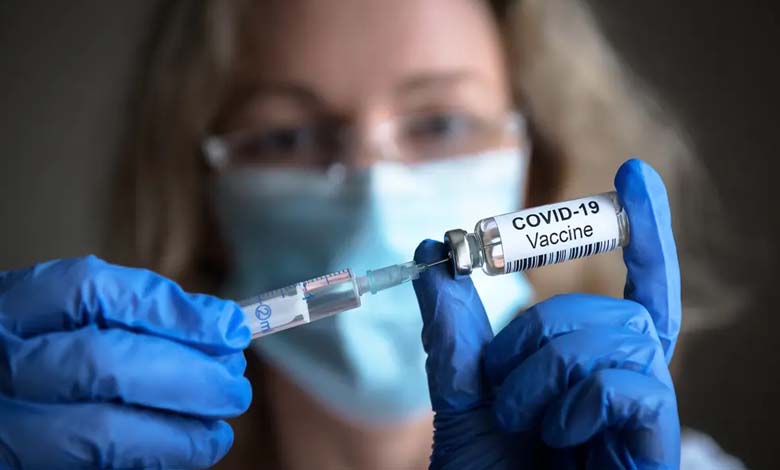Could the Covid-19 vaccine help fight cancer?

Since the introduction of the Covid-19 vaccine, medical science has witnessed a profound leap in biotechnology, particularly with the emergence of messenger RNA (mRNA) technology. Originally developed to protect against the SARS-CoV-2 virus, these innovative vaccines have sparked a revolutionary question among researchers: could the same technology also be used to fight cancer? What once seemed like a distant dream is now becoming a tangible possibility supported by growing scientific evidence.
RNA vaccines: a groundbreaking innovation
The Covid-19 pandemic accelerated the development of mRNA vaccines, which work by introducing a small fragment of RNA into the body that carries the instructions to produce a specific protein. This protein triggers an immune response, teaching the body how to recognize and combat the real pathogen. In the case of cancer, the same mechanism could be harnessed to train the immune system to detect and destroy tumor cells — cells that often evade the body’s natural defenses.
Toward personalized cancer treatment
Unlike traditional vaccines, which are preventive, mRNA cancer vaccines are therapeutic in nature. Their goal is to boost the patient’s immune system to fight off cancer cells that carry unique mutations. By sequencing the genetic makeup of a tumor, scientists can identify these specific mutations and create a custom-made vaccine that targets them directly. This personalized approach represents a major step toward precision medicine, offering more effective and less toxic treatments compared to chemotherapy.
Promising early results
Several clinical trials are currently underway to test mRNA vaccines against different types of cancers, including melanoma, lung cancer, and pancreatic cancer. Companies such as Moderna and BioNTech — the same ones behind the Covid-19 vaccines — have reported encouraging results. In some studies, patients who received experimental mRNA vaccines after surgery or chemotherapy showed a significant reduction in cancer recurrence. These results suggest that vaccine-based immunotherapy could become a cornerstone of cancer treatment in the near future.
A shared mechanism with the Covid vaccine
Both vaccines share the same fundamental principle: immune activation. The Covid-19 vaccine trains the body to recognize the virus’s spike protein, while cancer vaccines teach it to identify tumor-associated antigens. This similarity explains why the scientific breakthroughs achieved during the pandemic could now be repurposed for oncology, offering new hope to millions of patients worldwide.
Scientific and ethical challenges
Nevertheless, significant challenges remain. Cancer cells are highly heterogeneous and can evolve mechanisms to evade immune detection. Producing customized vaccines for each patient is also time-consuming and expensive. Ethically, ensuring fair access to such cutting-edge therapies will be critical so that these innovations do not widen existing inequalities in healthcare.
A new frontier in medicine
If mRNA vaccines deliver on their promise, they could revolutionize how we approach cancer — not only as a treatment but potentially as a preventive measure. The concept of “vaccinating” people against cancer before it develops is no longer purely speculative. In this sense, the Covid-19 pandemic may have served as an unexpected catalyst, paving the way for a new medical era in which the same technology that saved millions from a virus could one day defeat one of humanity’s deadliest diseases.












